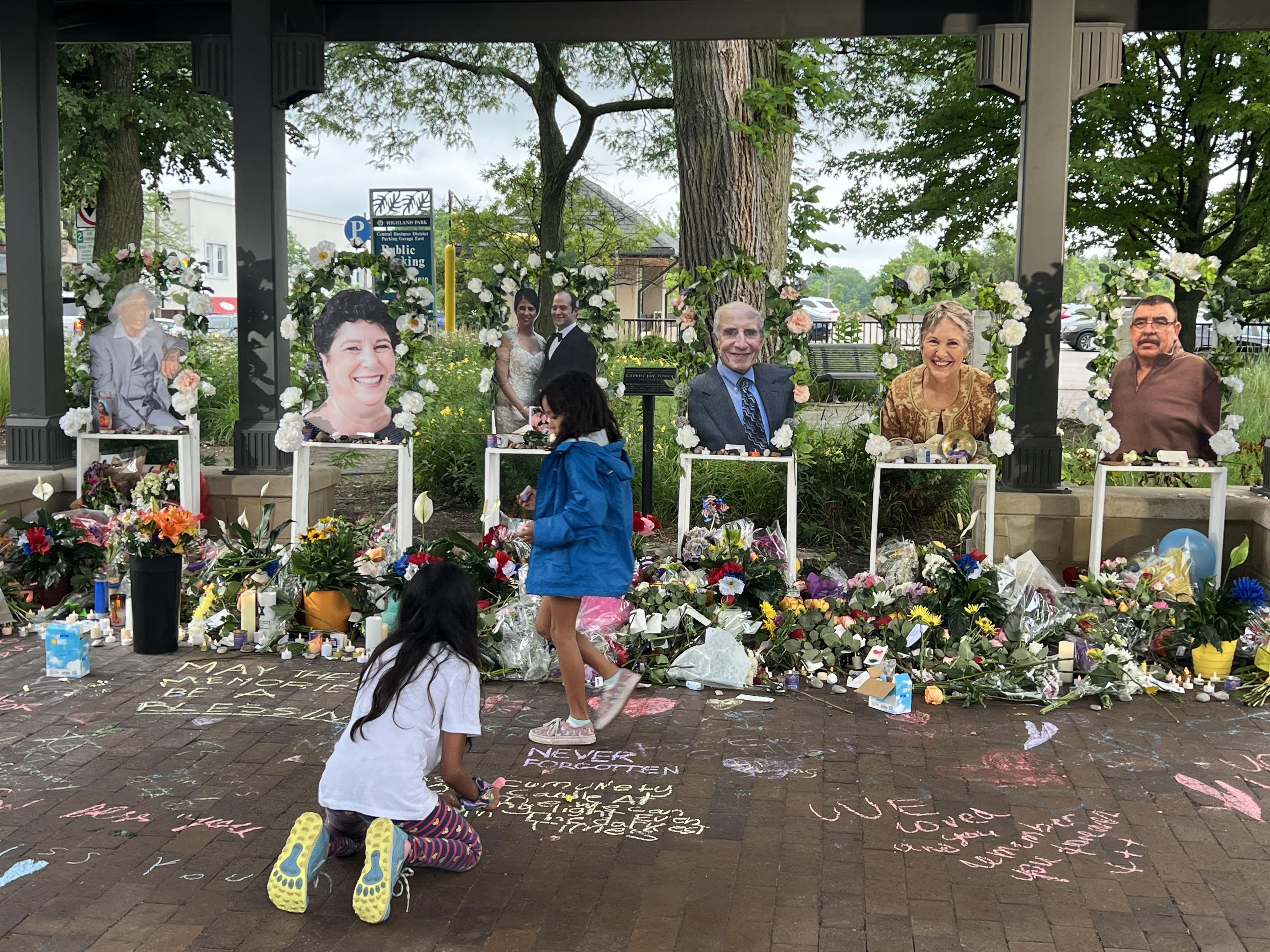A day after lawmakers dropped a plan to regulate hemp sales, Illinois Gov. J.B. Pritzker blasted Chicago Mayor Brandon Johnson over a lack of communication in multiple instances during his administration.
During a press conference Tuesday, Pritzker said Johnson “doesn’t have good relationships” in Springfield due to a lack of communication during his time in office, and that the mayor’s administration is falling far short in its outreach efforts, including during the city's recent contentious budget negotiations as they tried to navigate a $1 billion deficit.
“They don't reach out very often. And it seems like they don't have good relationships in Springfield, in part because they don't do the outreach that's necessary,” he said. “I've always taken calls from the mayor….(and) he has my direct number.”
Pritzker told reporters that Johnson has reached out “perhaps five times” during his nearly two years in office, his most pointed criticism of the mayor since Johnson entered City Hall.
“The lines of communication are open, but people have to take advantage of the open communication line,” he said.
Pritzker then cited concerns over discussions related to Chicago’s budget negotiations, saying that his office had set up calls with the mayor’s office amid those talks, but that representatives of the mayor “didn’t show up” to the meetings.
Local
“With regard to his budget, literally the last call we got from them was in September,” he said. “We, by the way, scheduled calls and then they didn’t show up. And then there was a December call that happened in which they didn’t ask for anything.”
Illinois Comptroller Susana Mendoza, a longtime fixture in Chicago politics, had even stronger words for Johnson’s administration’s handling of the budget talks.
Feeling out of the loop? We'll catch you up on the Chicago news you need to know. Sign up for the weekly Chicago Catch-Up newsletter.
“Astounding levels of incompetence from the fifth floor on full display,” she said on X. “Collaborating requires active engagement.”
The criticisms follow disagreements over a proposed bill that would have regulated products that contain hemp, which is used in products like delta-8 and delta-10 THC, according to the legislation.
Illinois lawmakers had sought to regulate the substances during their lame duck session in Springfield, citing safety concerns, but the bill was pulled from the floor amid pushback from several groups and lawmakers, with Johnson’s administration among those pushing against the legislation.
Johnson had lobbied against the passage of the bill, citing revenue concerns for the city of Chicago. He expressed support for regulations, but didn’t want legislation to be passed without “a diversity of voices” and without considering impacts on businesses, according to a statement issued Monday.
The mayor elaborated on the opposition to the bill during an interview with NBC 5 Political Reporter Mary Ann Ahern Tuesday.
"There's no conflict," he said of his stance on the issue opposite Pritzker. "We both agree that we have to have strict regulations. In fact, during the budget process, we put forth and led the way on stricter regulations that were not particularly in this legislation.
Johnson said that the city's opposition to the bill also included a desire to see municipalities have a greater role in negotiations over the implementation of regulations and any potential tax revenues that are imposed.
"There's no one in the state of Illinois that wants to see young people harmed by any sort of substance, whether it's alcohol, whether it's tobacco, or whether it's hemp," he said. "And so because we're in agreement and we're in alignment with that together when it comes to regulation, now it's imperative for us in the 104th General Assembly to come together as a state, to come up with real comprehensive regulations to ensure maximum security, but also making sure that local municipalities get to play a part in those negotiations."
While the measure to regulate the substances could be brought back to the floor when the new session of the General Assembly begins, Johnson is going to face other fights that could further test his relationships with Pritzker and lawmakers. Tops on that list are funding for the Chicago Transit Authority as the so-called “fiscal cliff,” when monies related to COVID-19 relief are scheduled to run out in 2026. Officials have warned of massive service cuts of up to 40% to deal with the funding shortfall.
Johnson could also end up playing a role in negotiations between state officials and the Chicago Bears, who are hoping to build a new stadium in the city and to have “shovels in the ground” by the end of 2025.



